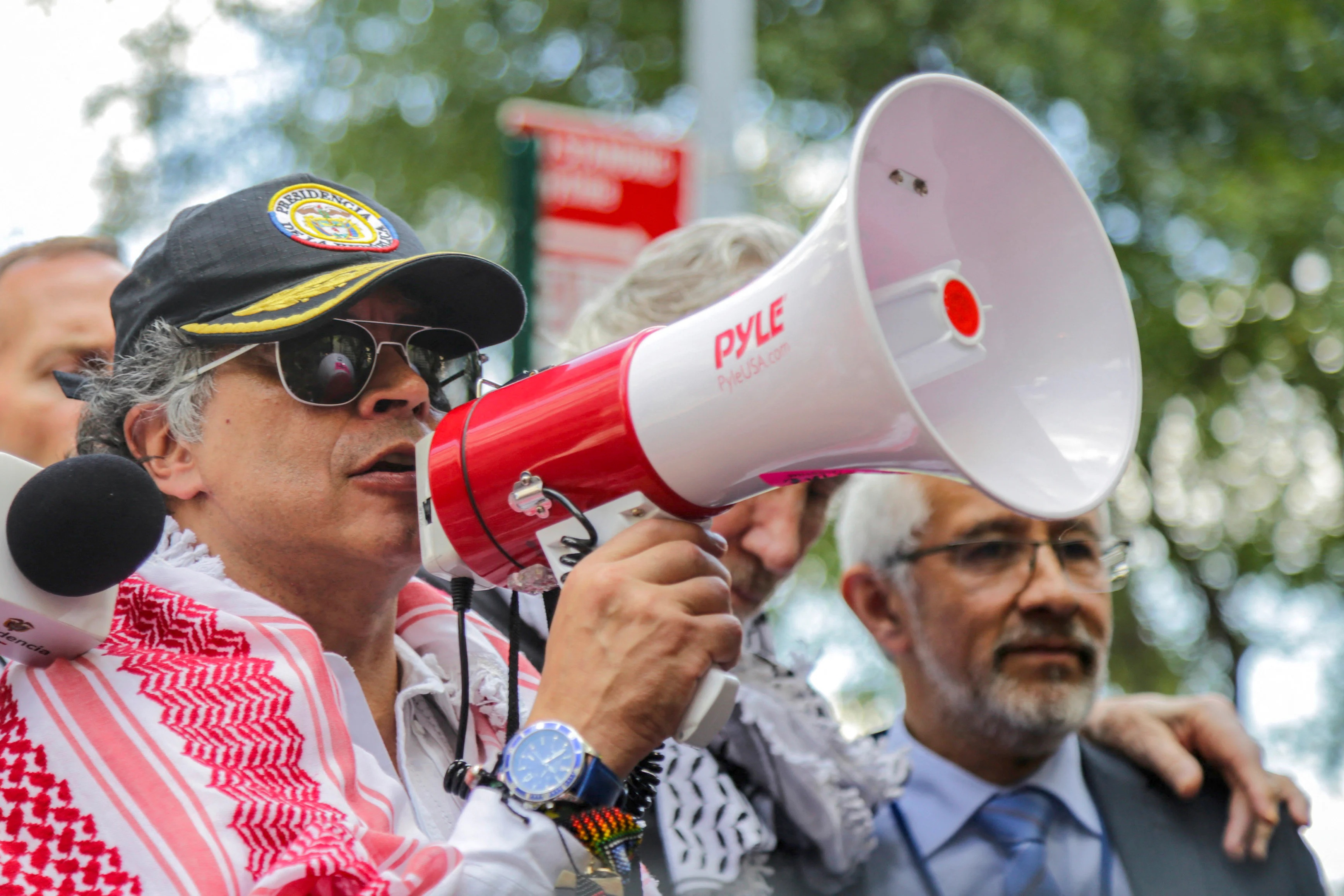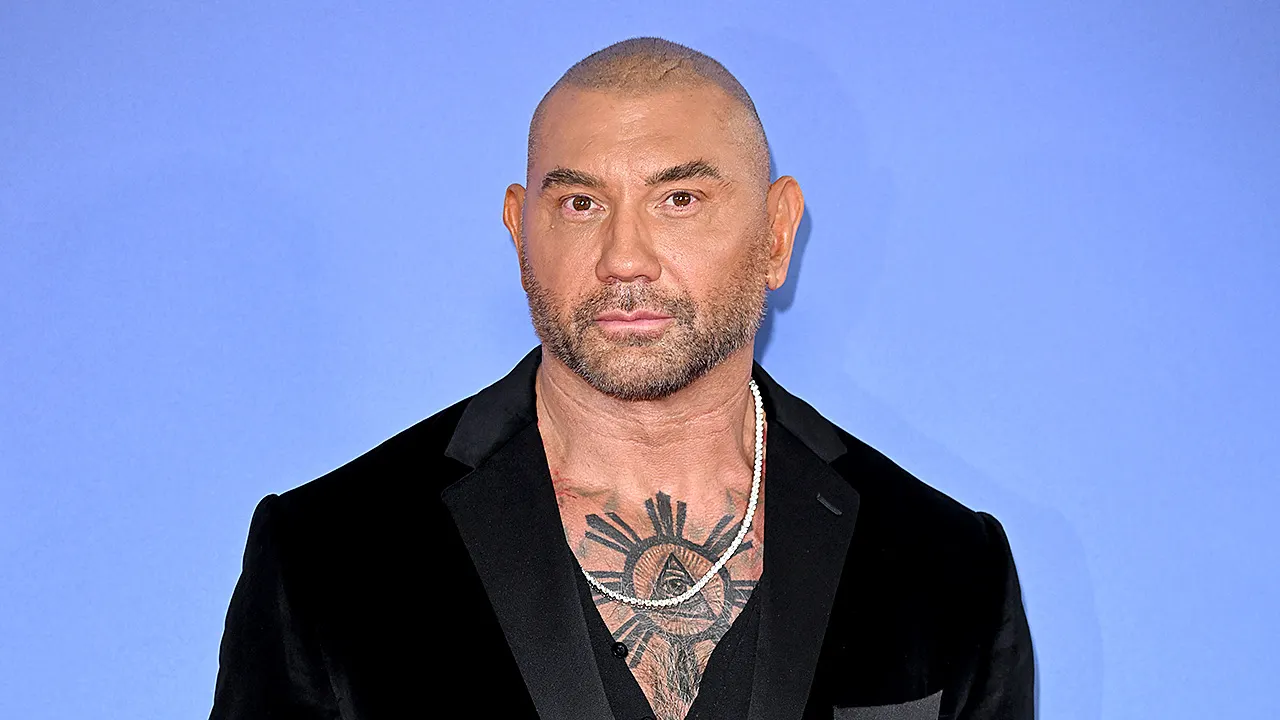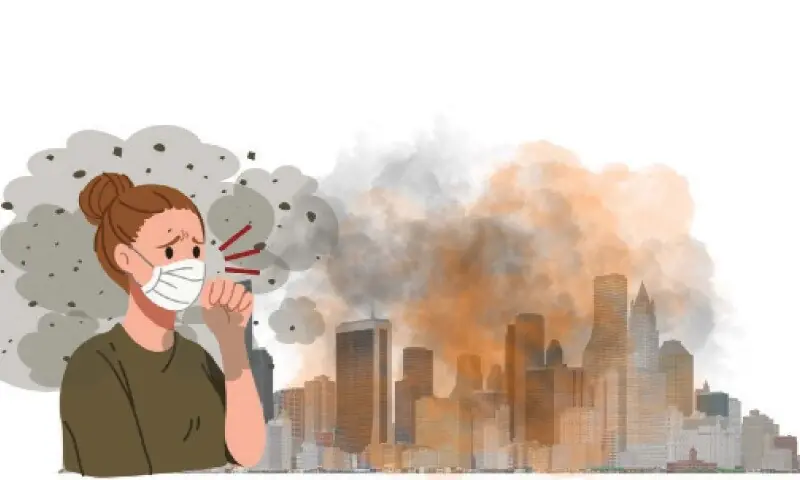By Igor Patrick
Copyright scmp

Colombian President Gustavo Petro has ordered the removal of diplomats from his country’s embassy in Beijing, accusing them of sabotaging relations with China as Bogota pivots sharply away from Washington.
“There is a foreign ministry [here] that feels ashamed of engaging with China and sabotages relations. All those people have to go,” Petro told ministers on Tuesday.
He said diplomats in Beijing had altered his schedule and cancelled meetings without authorisation when he visited the country in the spring. “That is not relating to humanity. That is colonialism,” he added.
The purge follows Colombia’s formal accession to China’s Belt and Road Initiative in May, the first time Bogota has committed itself to the vast infrastructure and trade programme. The decision marked a sharp break from decades of deference to Washington.
Signed during Petro’s trip to Beijing, the agreement was described by the Colombian foreign ministry as “a historic step” that could unlock investment, technology transfers and major construction projects.
China has already brought much of South America into the Belt and Road Initiative, counting Argentina, Venezuela, Chile, Peru and others among its partners. Only Paraguay, which has no formal relations with mainland China, and Brazil now remain outside Beijing’s infrastructure and investment strategy.
Although Brazil signalled throughout last year that it would join the framework during a state visit by Chinese President Xi Jinping to Brasilia, the Lula administration ultimately decided to stay out, signing instead a “synergies” agreement linking the belt and road with Brazil’s growth acceleration programme, known as PAC.
“This changes the history of our foreign relations. From now on, Colombia relates to the world on equal footing and in freedom,” he said at the BRI signing ceremony.
The move was divisive at home. Employers’ groups warned it could jeopardise billions in trade with Washington. Jaime Alberto Cabal, the head of Colombia’s National Retailers’ Federation, for example, called the signature “an unnecessary provocation” at a time when the US is locked in a tariff war with China.
Business leaders also pointed out that exports to the US had doubled since the free trade agreement took effect 13 years ago.
But for Petro, closer ties with Beijing offer a way to break what he calls Colombia’s colonial dependency on Washington. His language has sharpened since January, when he refused to accept US deportation flights of Colombian migrants, citing inhumane conditions.
Trump retaliated with tariffs of up to 25 per cent, threatening to double them, and revoked visas for officials and allies. Petro responded in kind with tariffs on American goods and accused Trump of trying to dominate Colombia.
The dispute escalated in New York on Wednesday last week. At a pro-Palestinian rally outside the United Nations, Petro accused Trump of complicity in genocide and urged US soldiers to defy his commands.
“Disobey the orders of Trump. Obey the orders of humanity,” he said.
Following the rally, the State Department said it would revoke his visa, calling his actions reckless and incendiary. Petro dismissed the move, writing online that he does not “care” about the move and “revoking [a visa] for denouncing genocide shows the US no longer respects international law”.
Petro has repeatedly linked his China policy with his stance on Gaza. In the same week, he revealed he had asked Chinese officials and other delegations to back a United Nations “army of peace” to intervene.
“Diplomacy today is useless. Only a stronger force than that of the United States and Israel will stop the genocide,” he said, adding that Indonesia had already pledged 20,000 volunteers.



